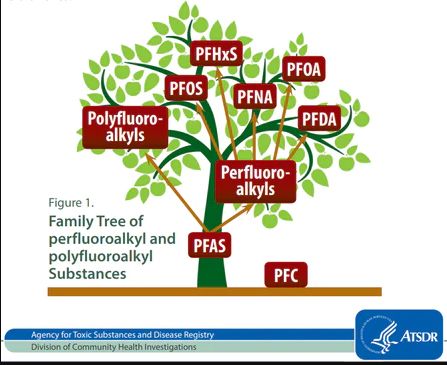The Antibacterial Benefits of Bamboo Pulp: Why Choose Bamboo Fiber Tableware
In recent years, there has been a growing interest in sustainable and eco-friendly alternatives to traditional materials. One such material that has gained popularity is bamboo pulp, particularly in the production of tableware. Not only is bamboo pulp a sustainable and renewable resource, but it also offers antibacterial benefits that make it an excellent choice for tableware. In this blog, we will explore the antibacterial properties of bamboo pulp and why choosing bamboo pulp tableware is a smart and eco-conscious decision.

Bamboo pulp is naturally antibacterial, making it an ideal material for tableware. The antibacterial properties of bamboo pulp are attributed to a bio-agent called "bamboo kun," which is found within the bamboo plant. Bamboo kun has the ability to inhibit the growth of bacteria on the surface of the material, making it a hygienic choice for tableware. This natural antibacterial property means that bamboo pulp tableware is less likely to harbor harmful bacteria, making it a safe and healthy option for serving food and drinks.
In addition to being antibacterial, bamboo pulp is also highly absorbent, which further contributes to its hygienic properties. The absorbent nature of bamboo pulp allows it to wick away moisture, preventing the accumulation of bacteria and mold. This makes bamboo pulp tableware easy to clean and maintain, reducing the risk of bacterial contamination. Furthermore, the natural antimicrobial properties of bamboo pulp make it resistant to odors, ensuring that tableware made from this material remains fresh and clean.
Another advantage of choosing eco-friendly disposable box is its eco-friendly and sustainable nature. Bamboo is a fast-growing and renewable resource, making it an environmentally responsible choice for tableware production. Unlike traditional materials such as plastic or ceramic, bamboo pulp is biodegradable, meaning it can be easily composted at the end of its lifecycle, reducing the environmental impact. By opting for bamboo pulp tableware, consumers can contribute to the reduction of plastic waste and the conservation of natural resources.
Furthermore, the production of bamboo pulp tableware has a lower environmental footprint compared to traditional materials. Bamboo plants require minimal water and do not rely on harmful pesticides or fertilizers for growth, making them a more sustainable option. Additionally, the manufacturing process of bamboo pulp tableware utilizes less energy and produces fewer emissions, further reducing its environmental impact. By choosing bamboo pulp tableware, consumers can support sustainable and ethical production practices while enjoying the benefits of a natural and antibacterial material.
In conclusion, the antibacterial benefits of bamboo pulp make it an excellent choice for tableware. Its natural antibacterial properties, combined with its absorbency and eco-friendly nature, make bamboo pulp tableware a hygienic, sustainable, and practical option for serving food and drinks. By choosing bamboo pulp tableware, consumers can make a positive impact on their health and the environment, while also supporting the use of renewable and biodegradable materials. Whether it's for everyday use at home or for special occasions, opting for bamboo pulp tableware is a smart and eco-conscious decision.

 Box With T buckle
Box With T buckle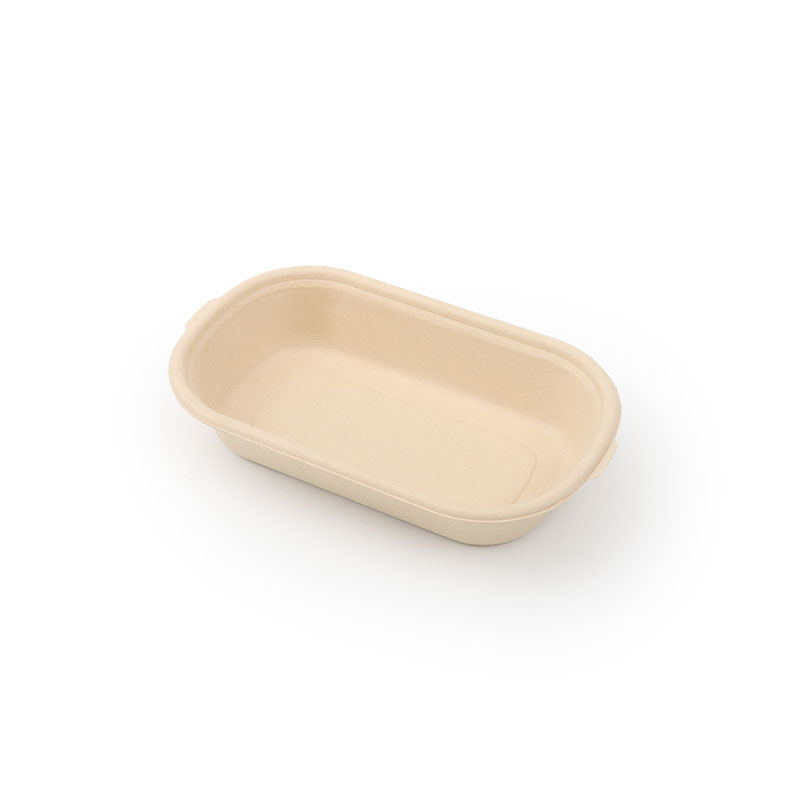 C31-0056-A
C31-0056-A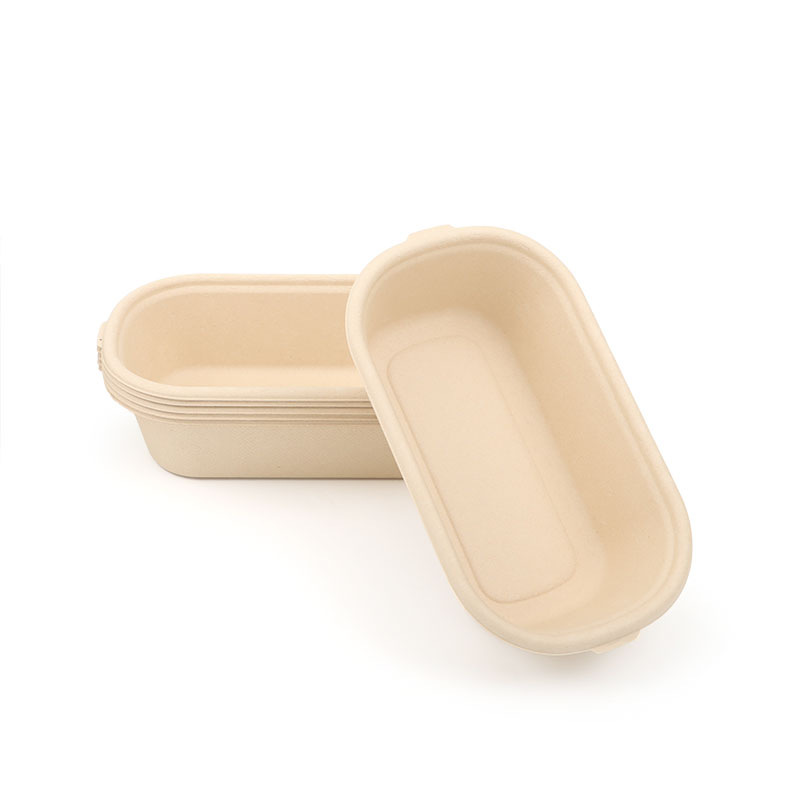 C31-0057-A
C31-0057-A C31-0060-A
C31-0060-A C31-0080-A
C31-0080-A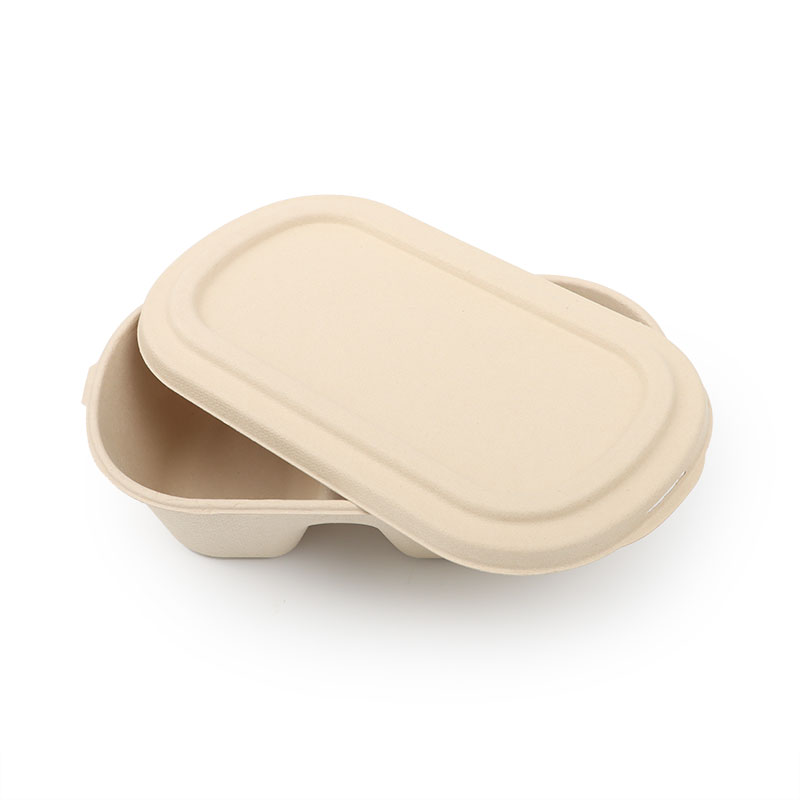 C31-0090-A
C31-0090-A C31-0091-A
C31-0091-A C31-0930-A
C31-0930-A C31-0940-A
C31-0940-A C71-3970-A
C71-3970-A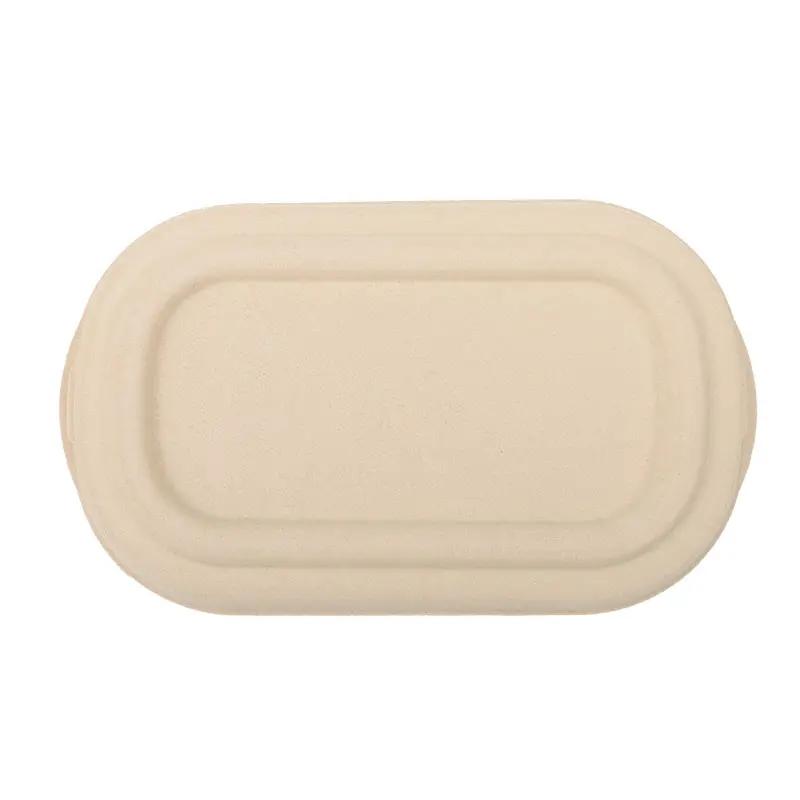 C31-0057-B
C31-0057-B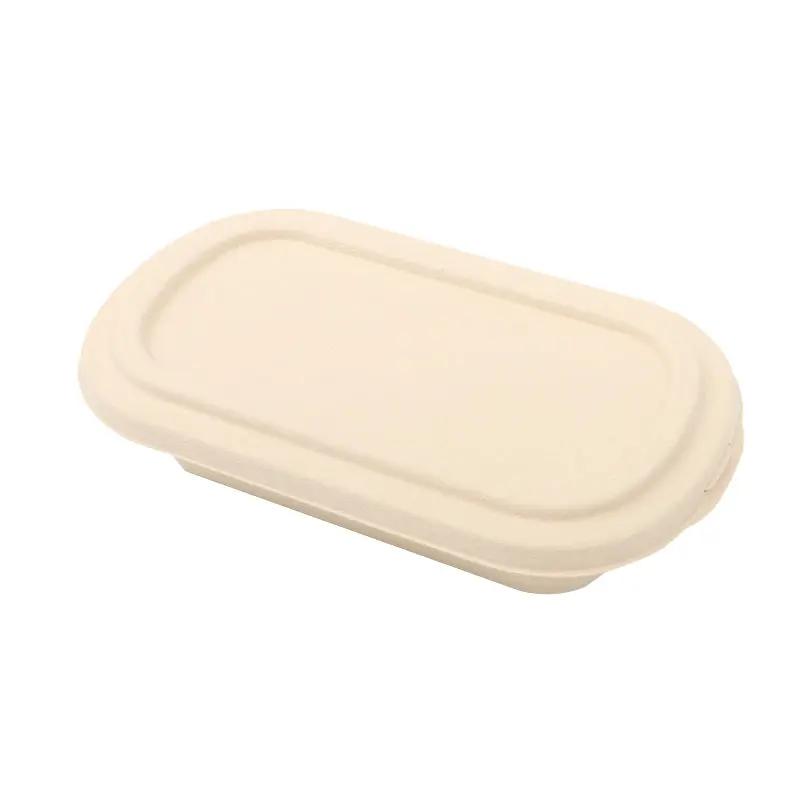 C31-0060-B
C31-0060-B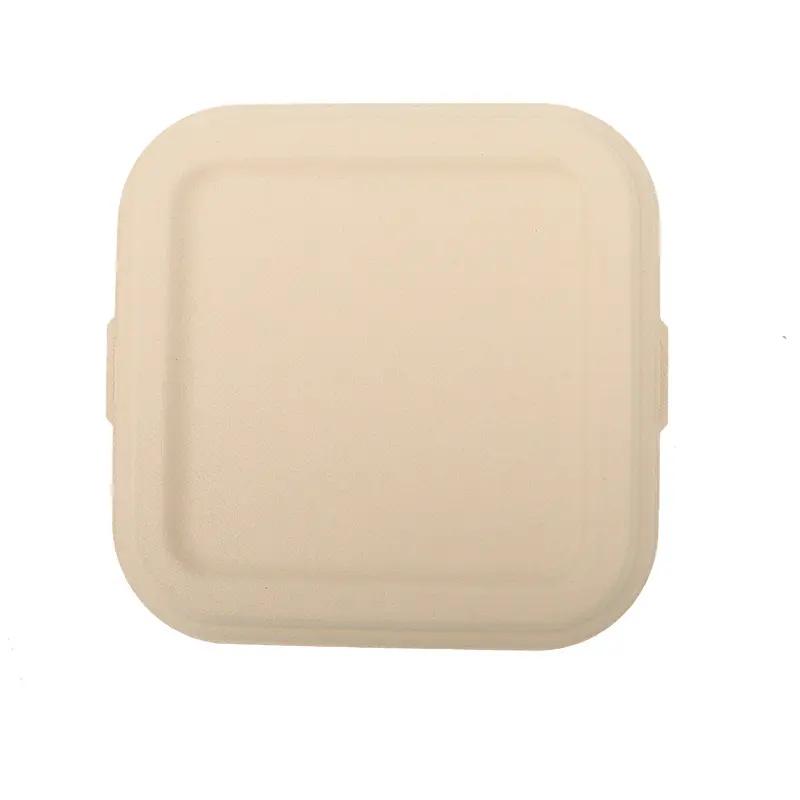 C31-0930-B
C31-0930-B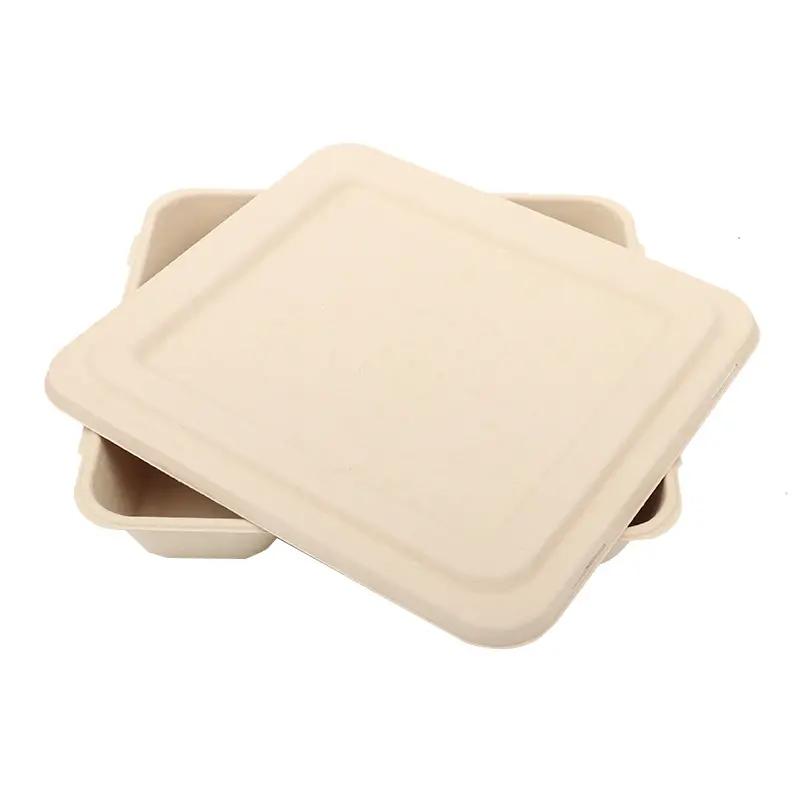 C71-3970-B
C71-3970-B Mult-Part Box
Mult-Part Box C31-0071-A
C31-0071-A C31-0073-A
C31-0073-A C71-3970-A
C71-3970-A C71-3980A
C71-3980A C31-0070-B
C31-0070-B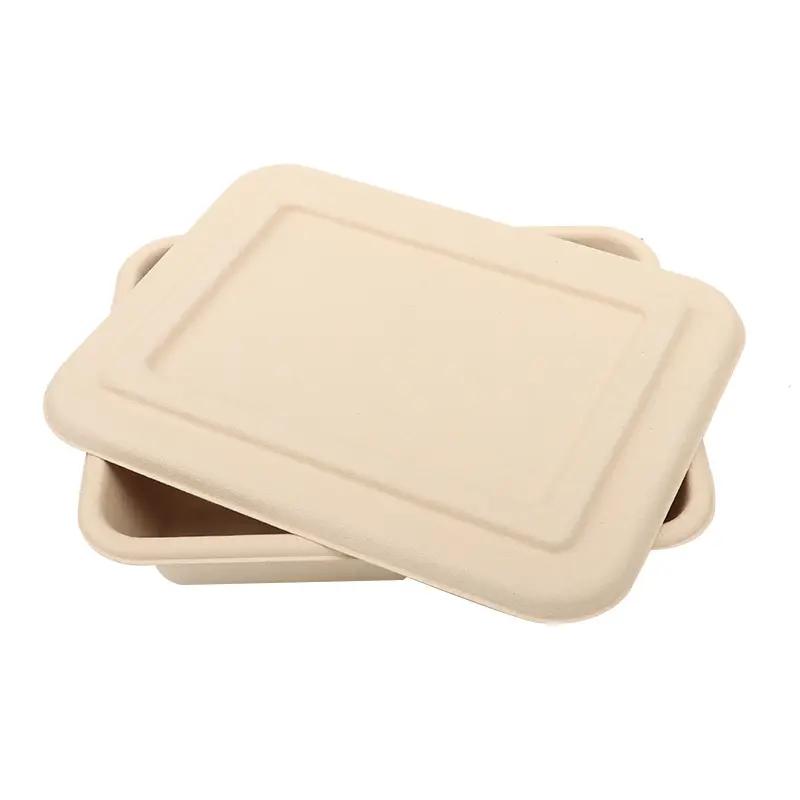 C31-0073-B
C31-0073-B C71-3980-B
C71-3980-B Square Box
Square Box Box Without T buckle
Box Without T buckle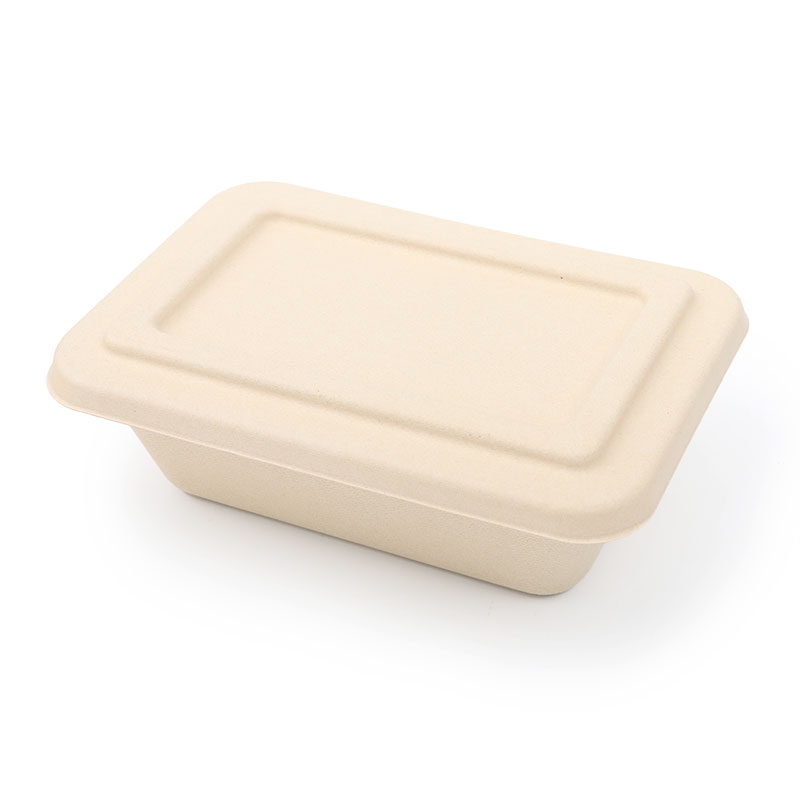 C31-0070-A
C31-0070-A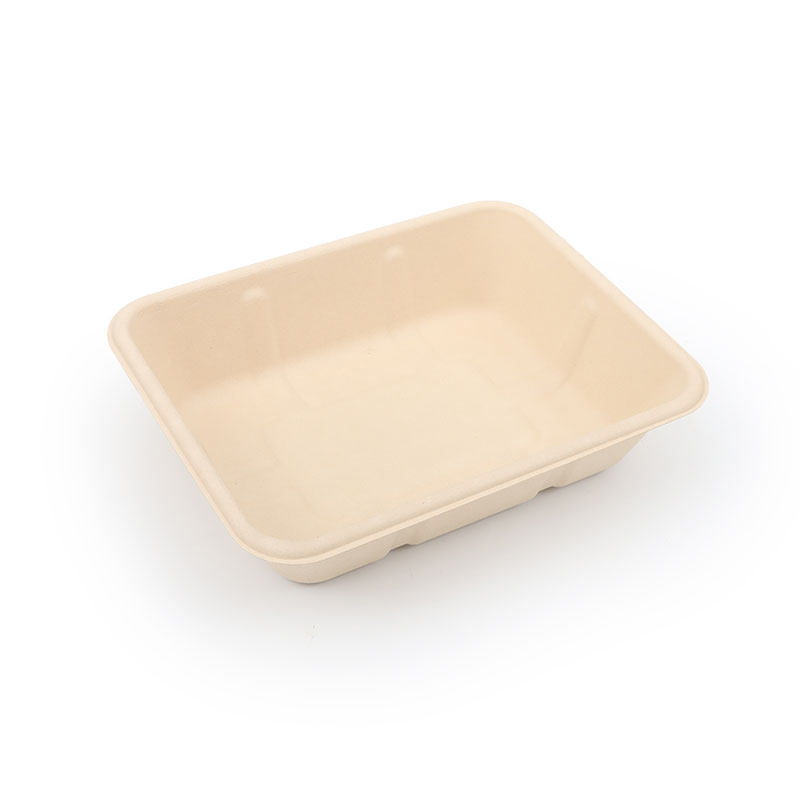 C31-0075-A
C31-0075-A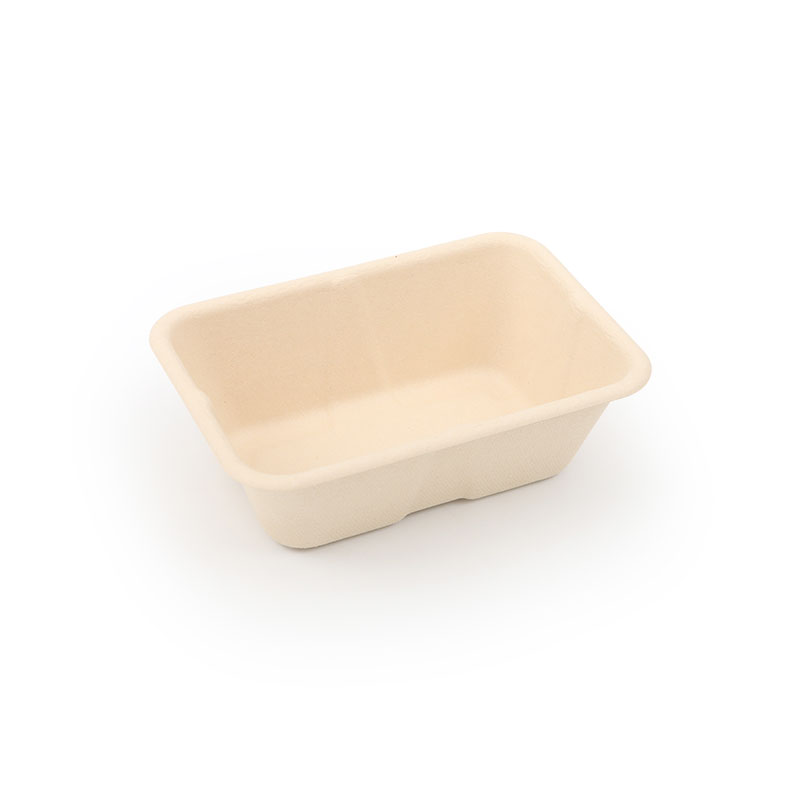 C31-2890-A
C31-2890-A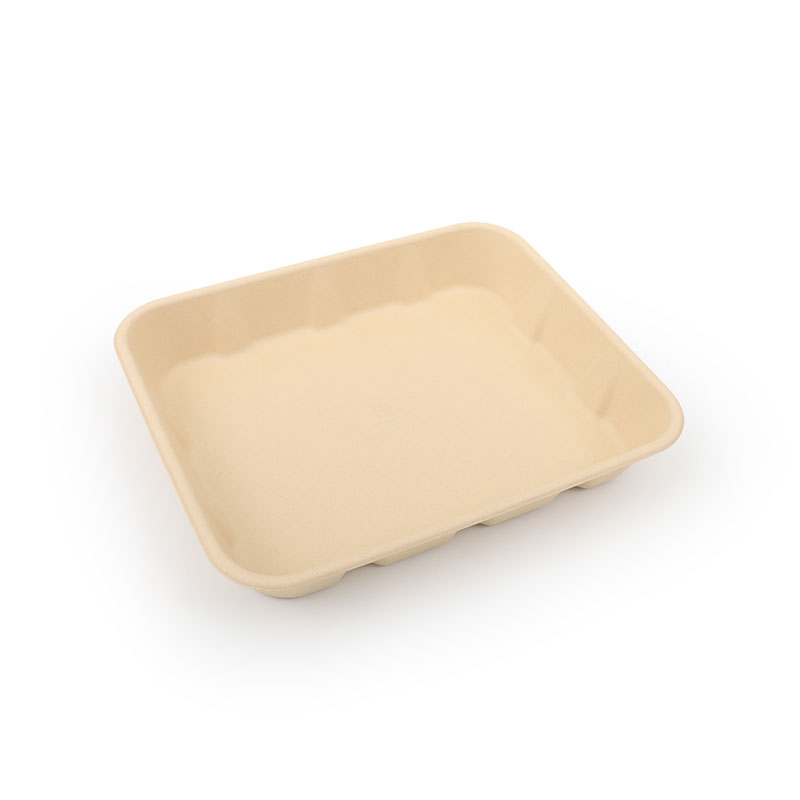 C31-3130-A
C31-3130-A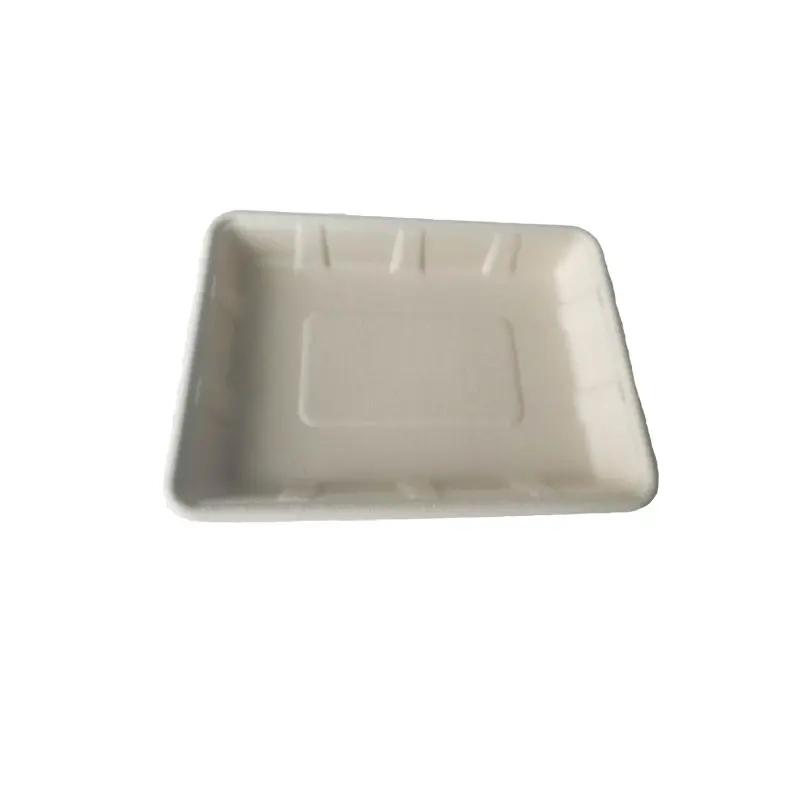 C71-4300-A
C71-4300-A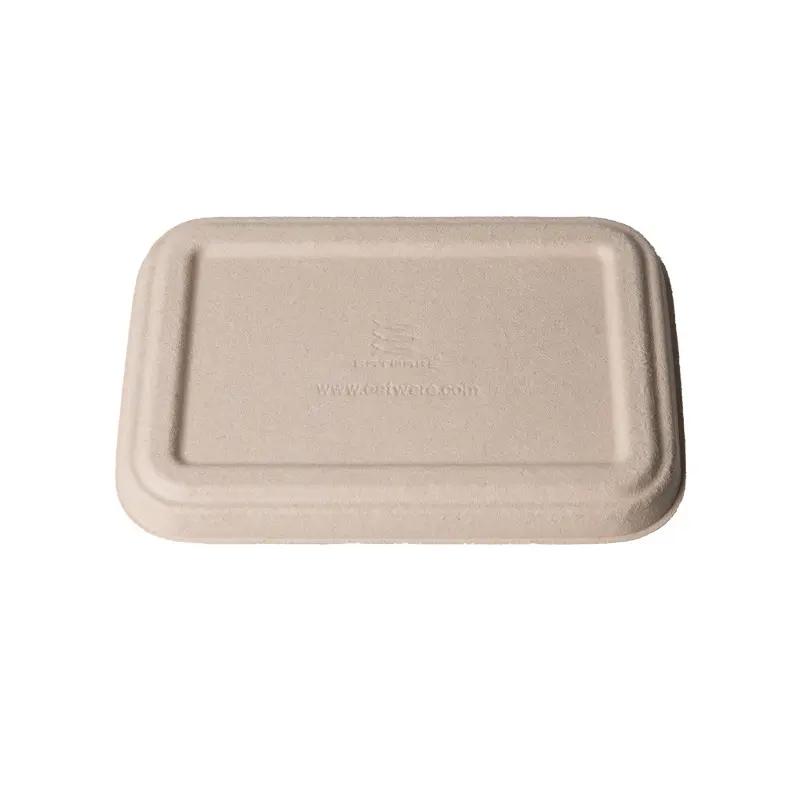 C31-2890-B
C31-2890-B One Part Box
One Part Box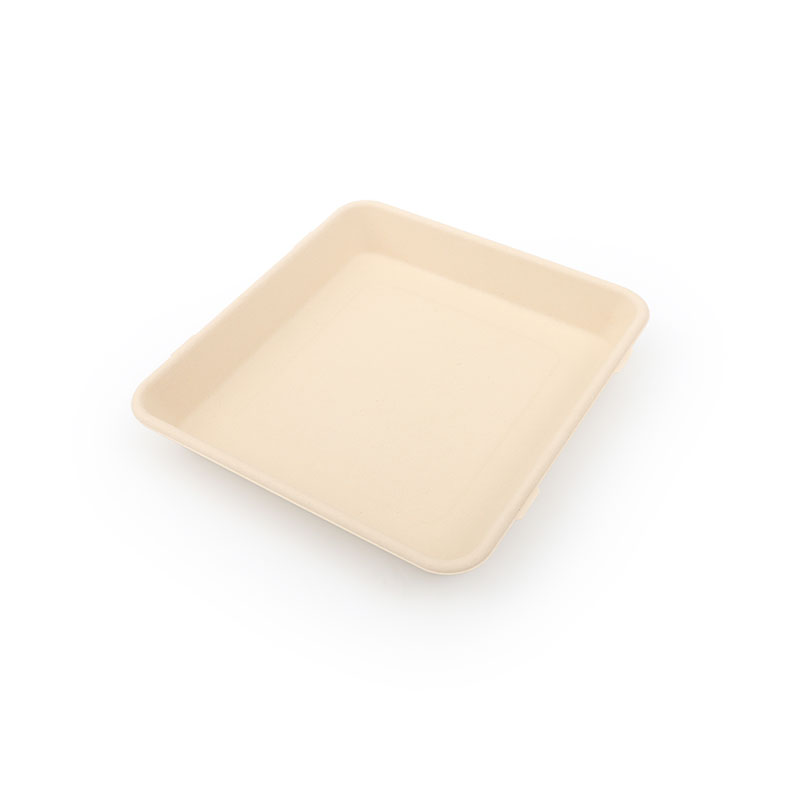 C31-0950-A
C31-0950-A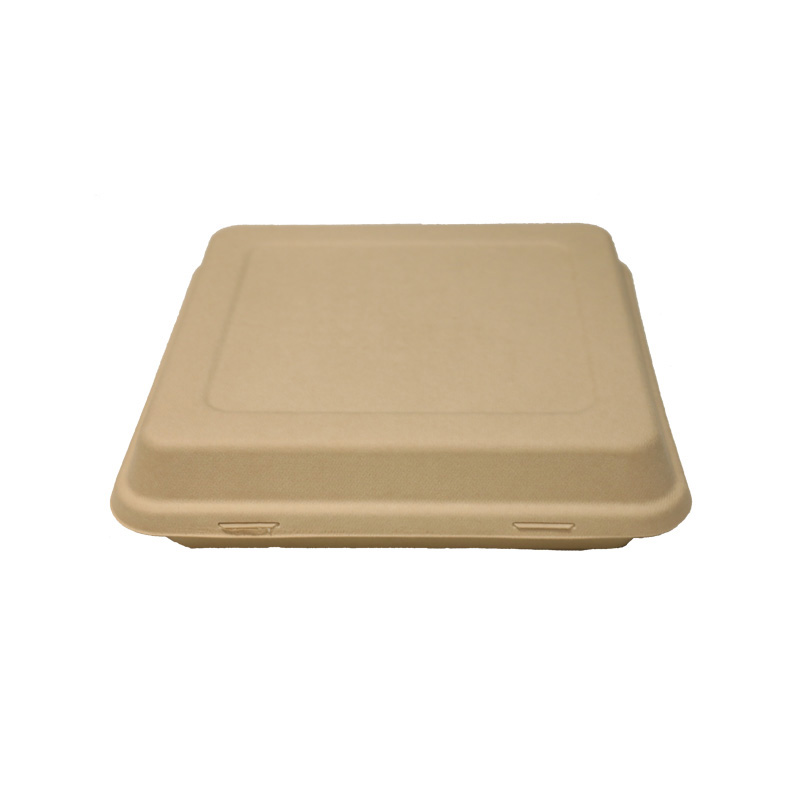 C31-0950-B
C31-0950-B Cake Bread Snack Tray Series
Cake Bread Snack Tray Series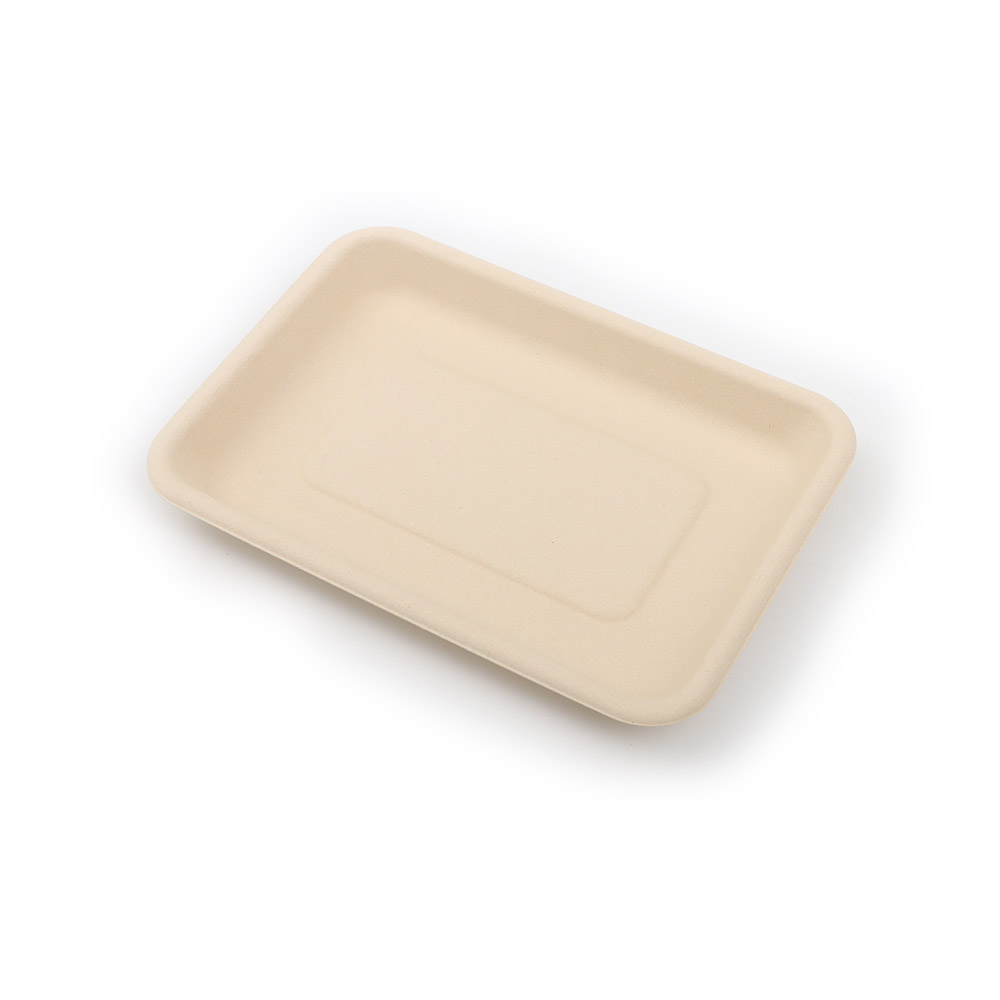 C71-0020-A
C71-0020-A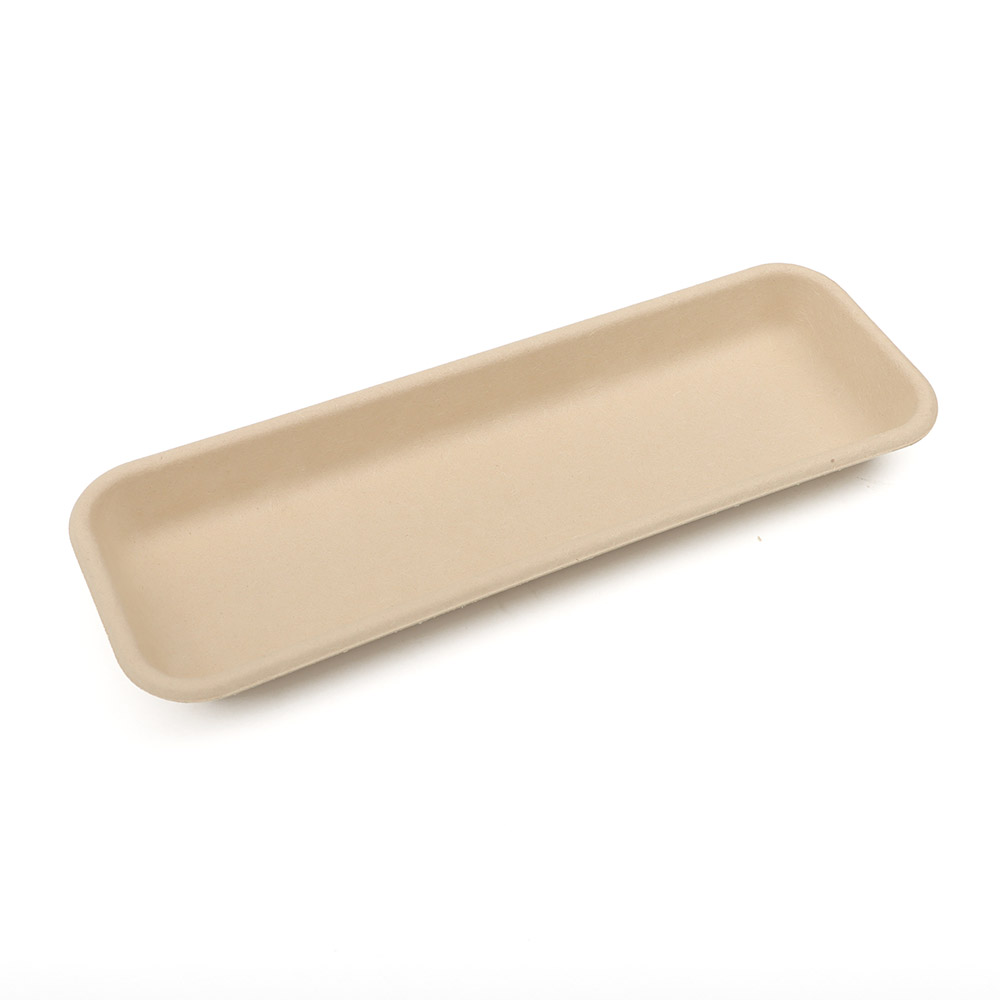 C71-0100-A
C71-0100-A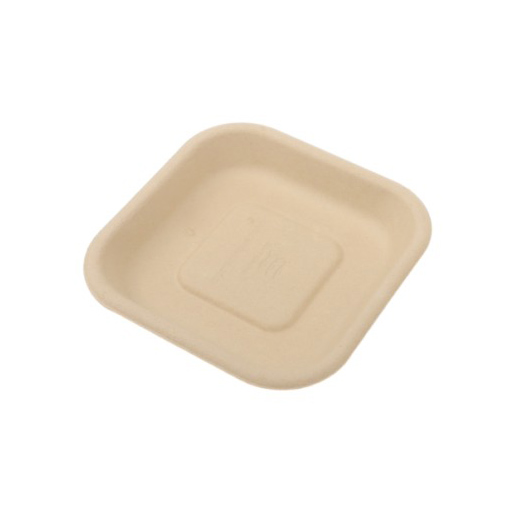 C71-0380-A
C71-0380-A Fruit And Vegetable Tray Series
Fruit And Vegetable Tray Series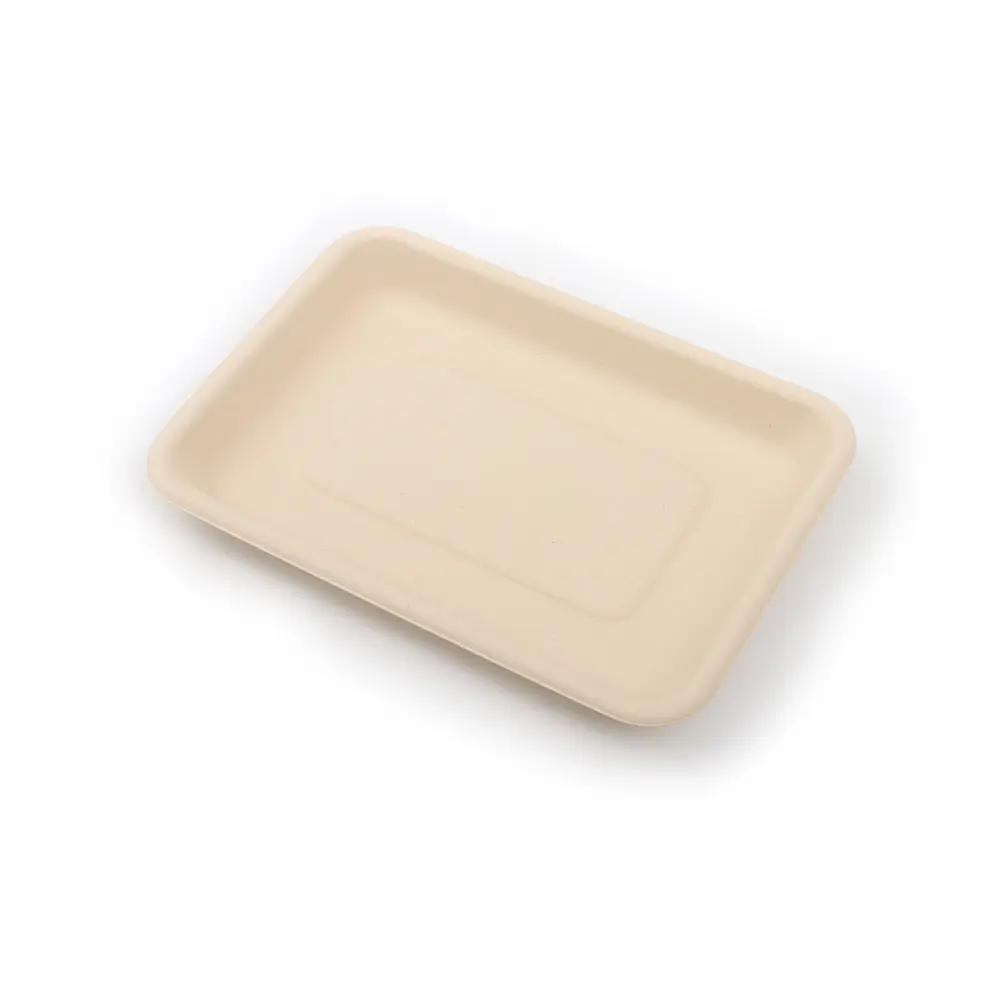 C71-0490-A
C71-0490-A Sushi Tray Series
Sushi Tray Series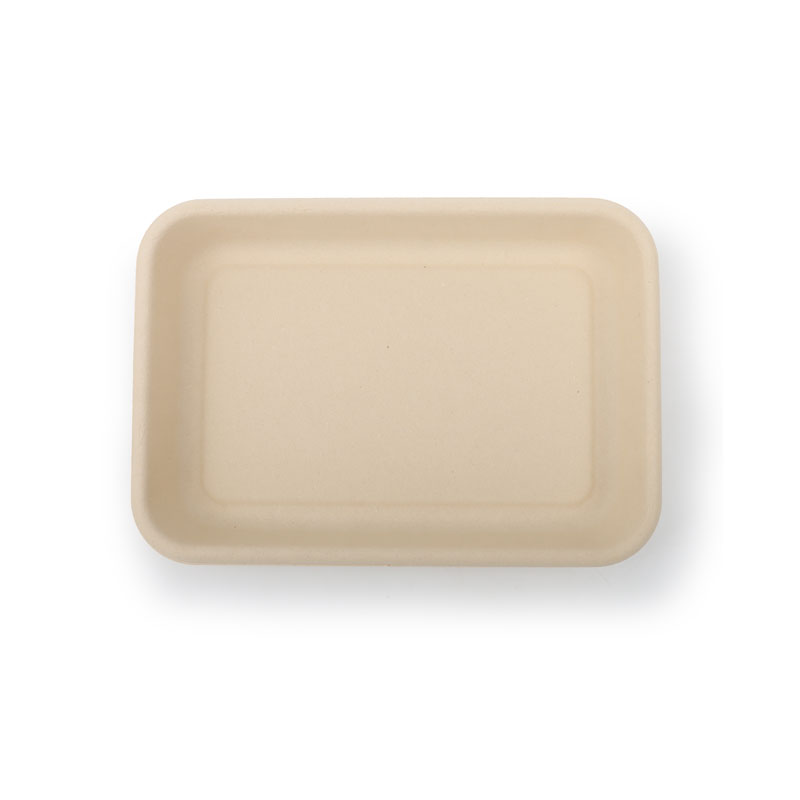 C71-2930-A
C71-2930-A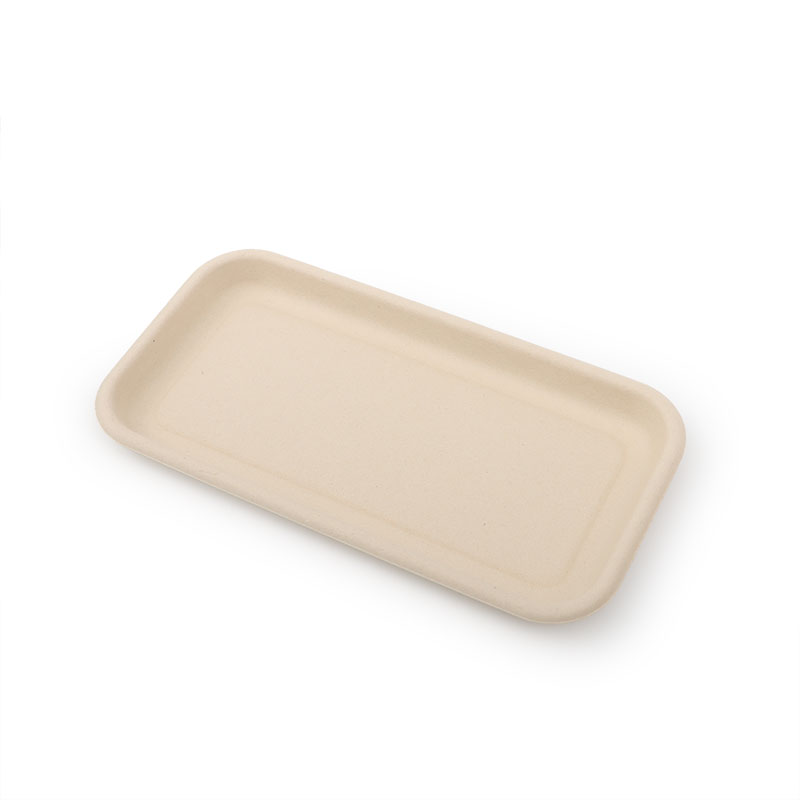 C71-2940-A
C71-2940-A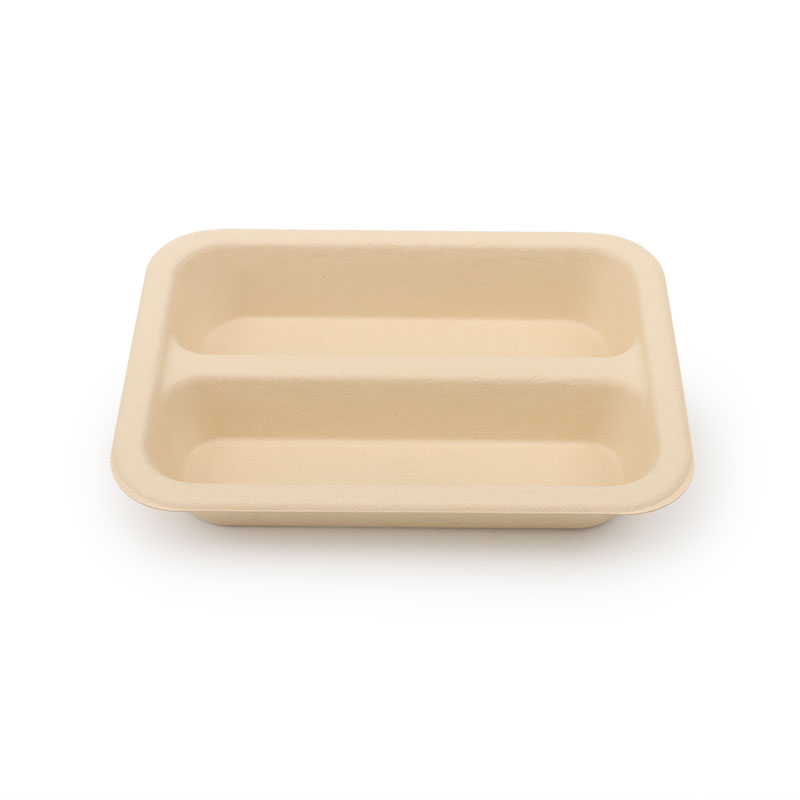 C71-2990-A
C71-2990-A Small Round Plate Series
Small Round Plate Series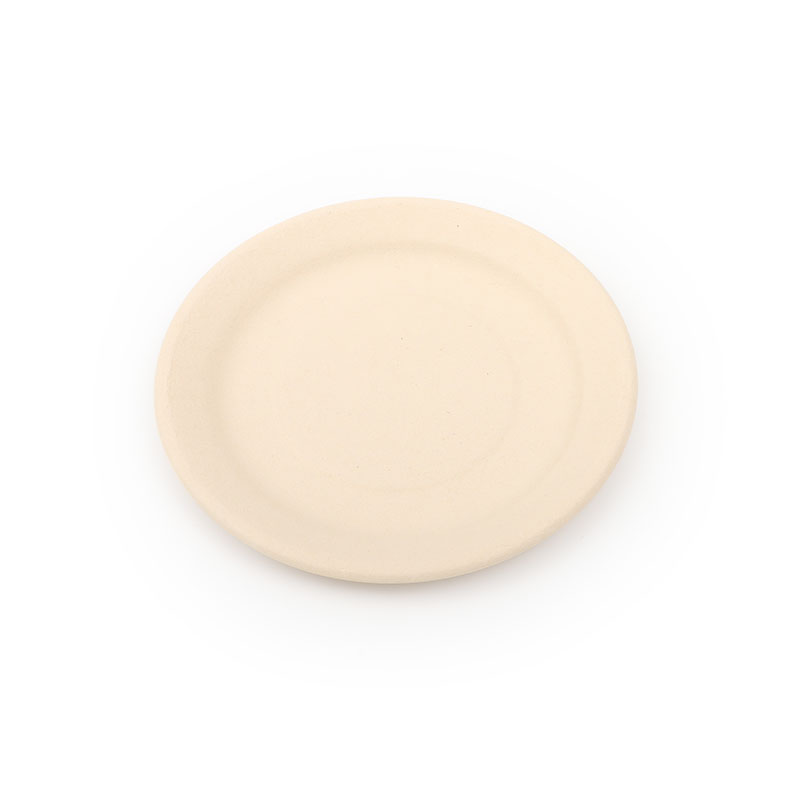 C51-0030-A
C51-0030-A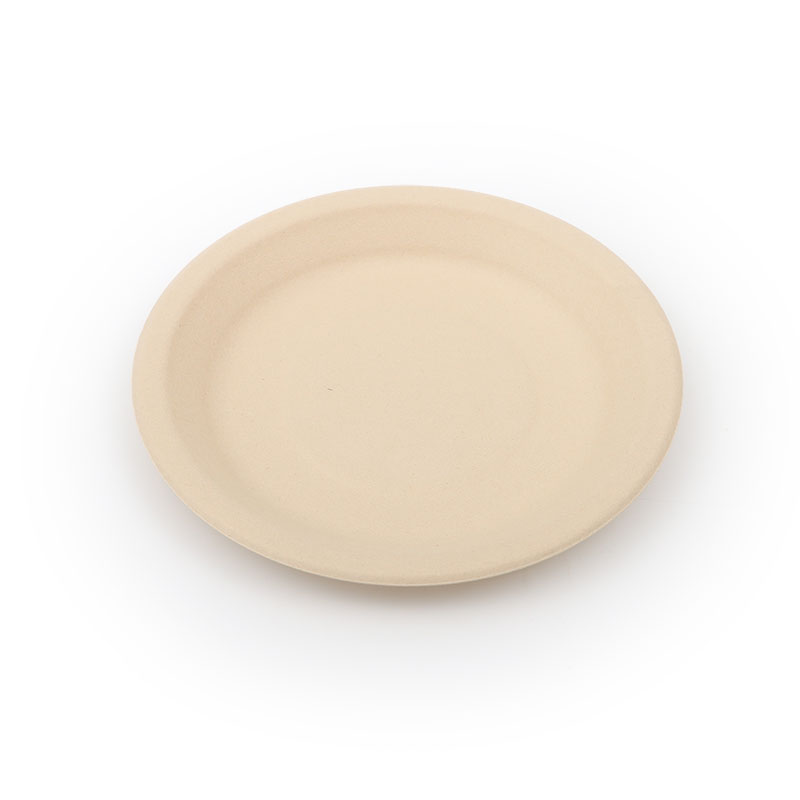 C51-0850-A
C51-0850-A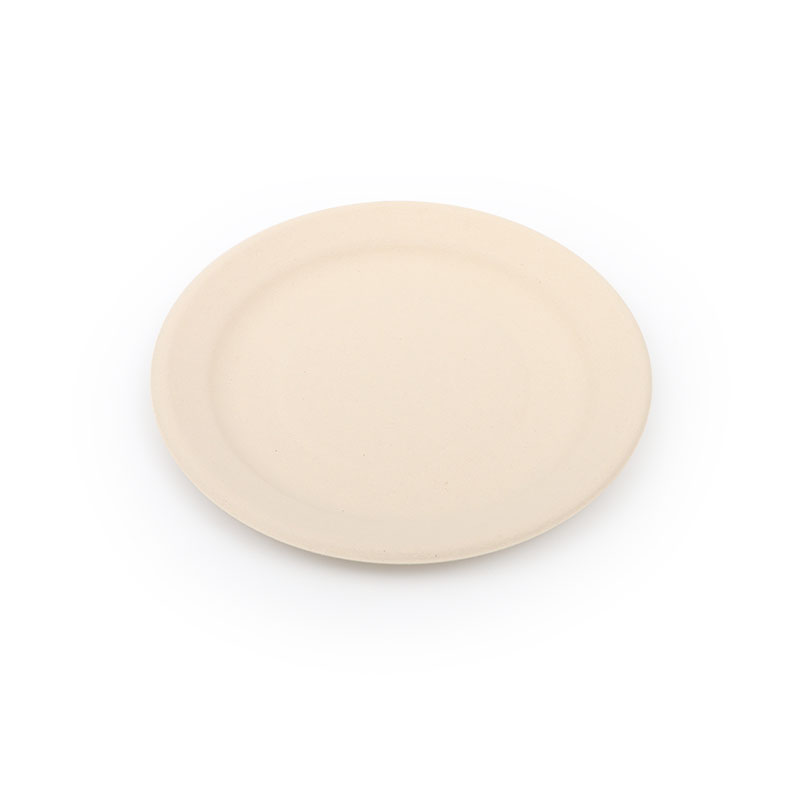 C51-0031-A
C51-0031-A Middle Round Plate Series
Middle Round Plate Series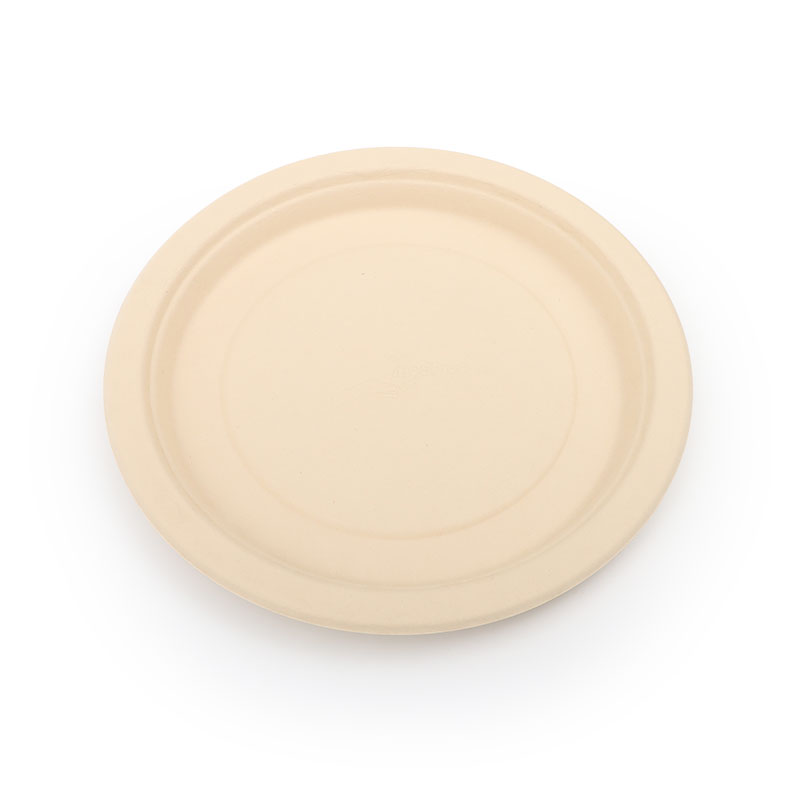 C51-0250-A
C51-0250-A Big Round Plate Series
Big Round Plate Series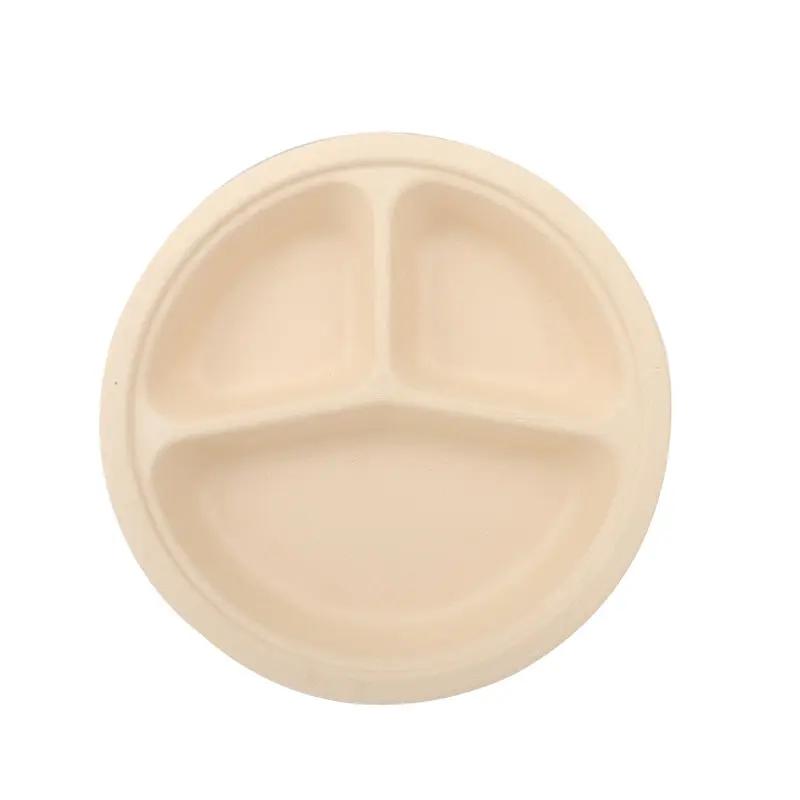 C51-1790-A
C51-1790-A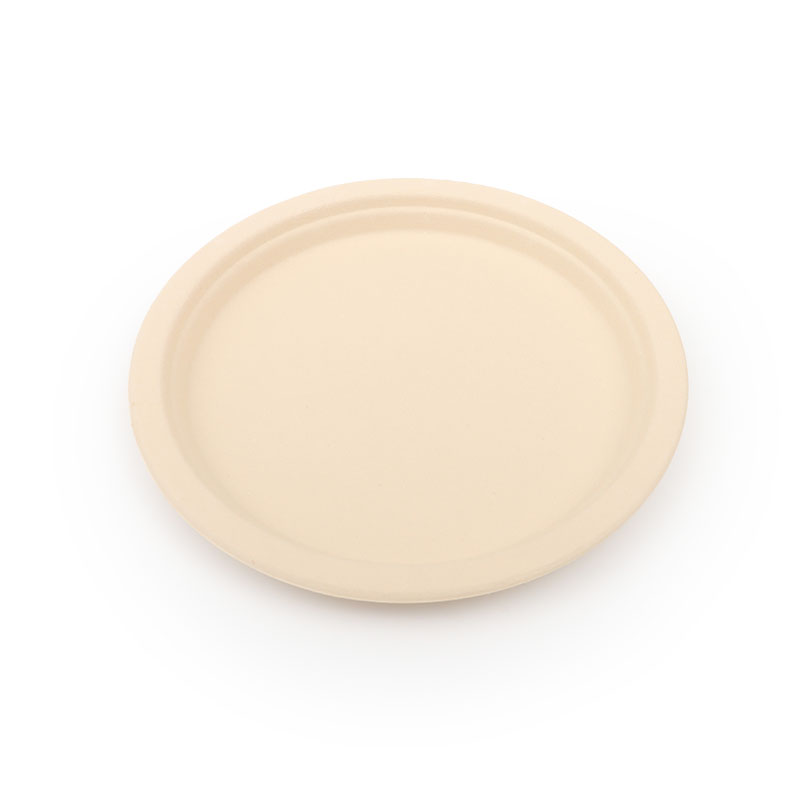 C51-1740-A
C51-1740-A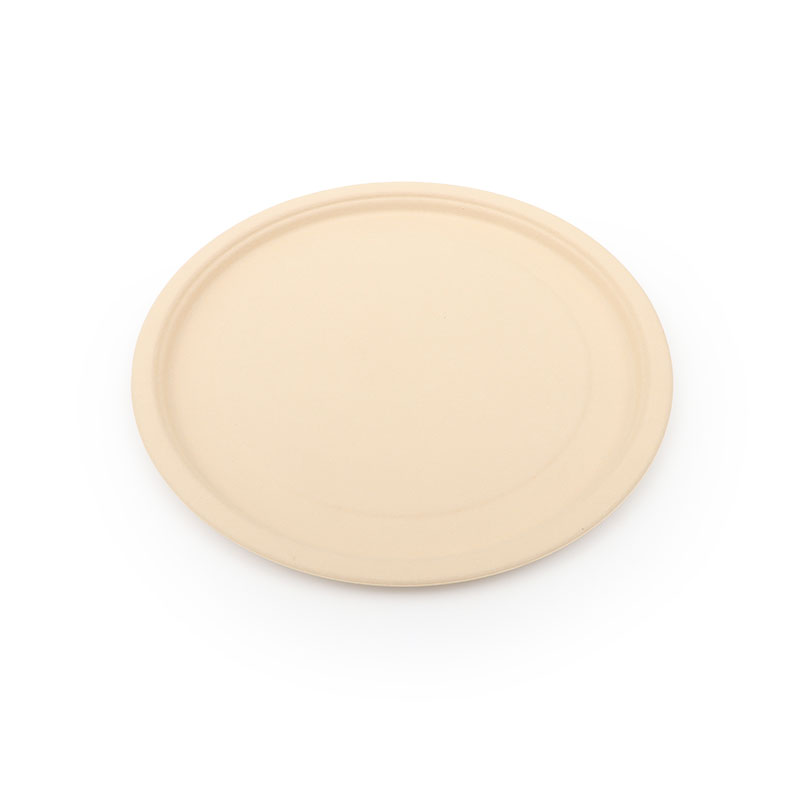 C51-0621-A
C51-0621-A Bigger Bowl
Bigger Bowl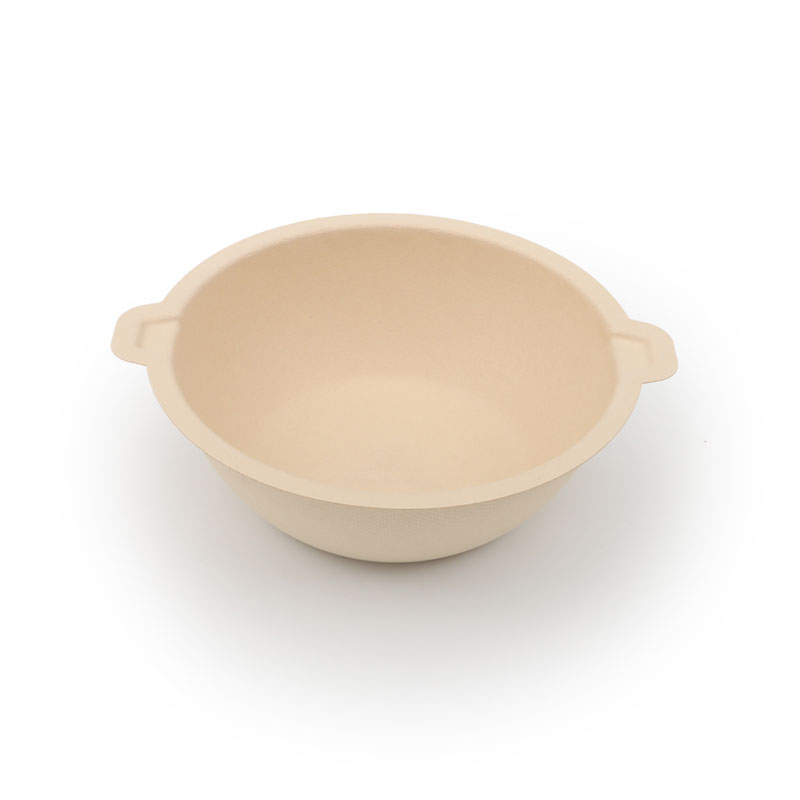 C11-2020-A
C11-2020-A C11-2021-A
C11-2021-A C11-2022-A
C11-2022-A C11-2022-B
C11-2022-B Middle Bowl
Middle Bowl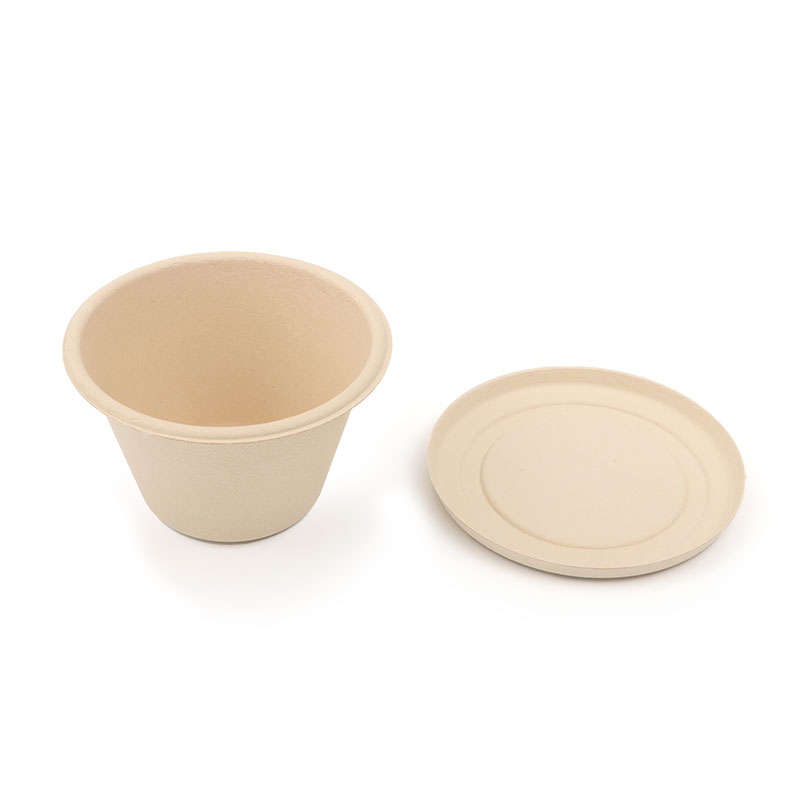 C11-0040-A
C11-0040-A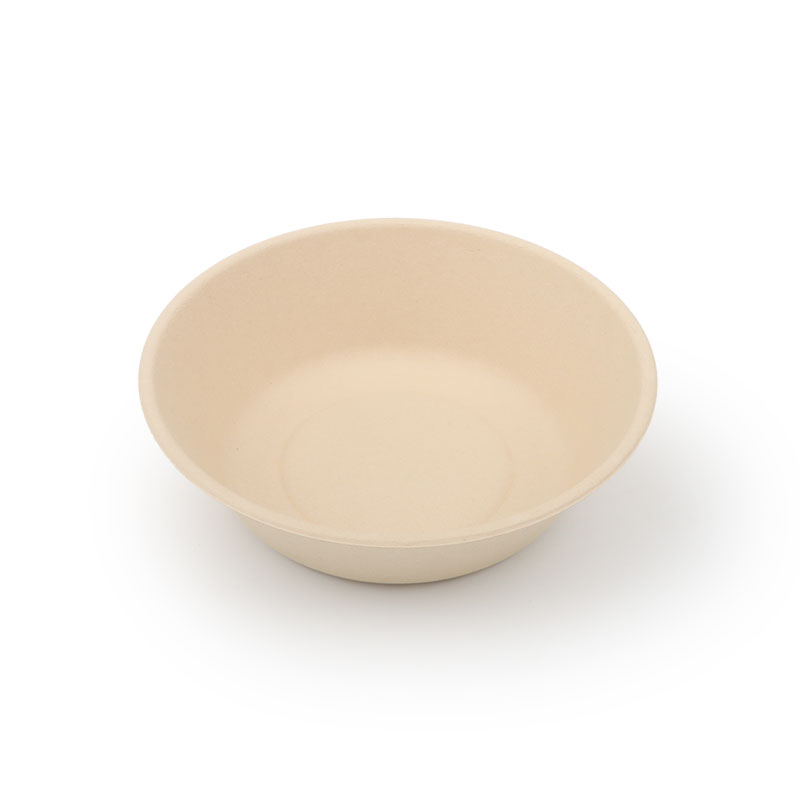 C11-1430-A
C11-1430-A C11-2015-A
C11-2015-A C11-2016-A
C11-2016-A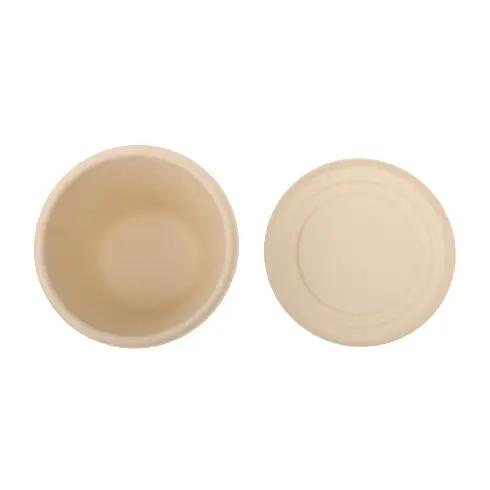 C11-0040-B
C11-0040-B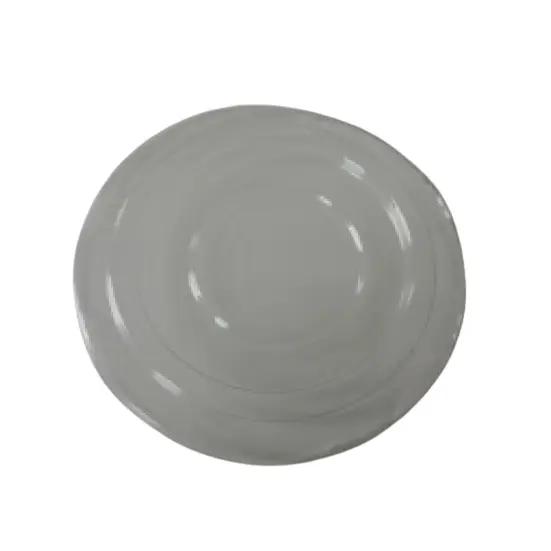 C11-0040-B - PET
C11-0040-B - PET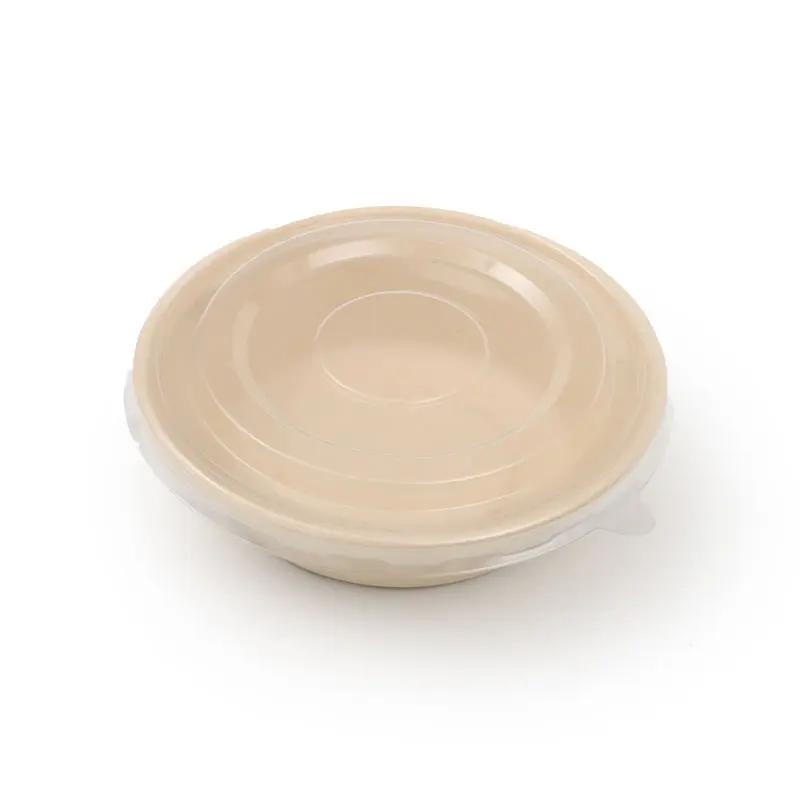 C11-1430-B
C11-1430-B C11-2015-B-PET
C11-2015-B-PET Small Bowl
Small Bowl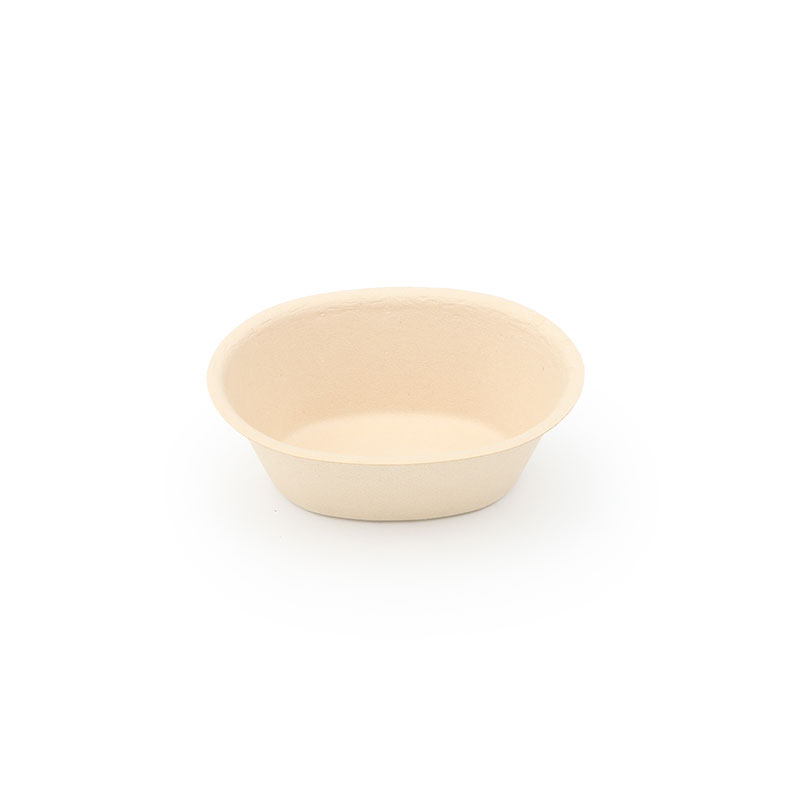 C11-0050-A
C11-0050-A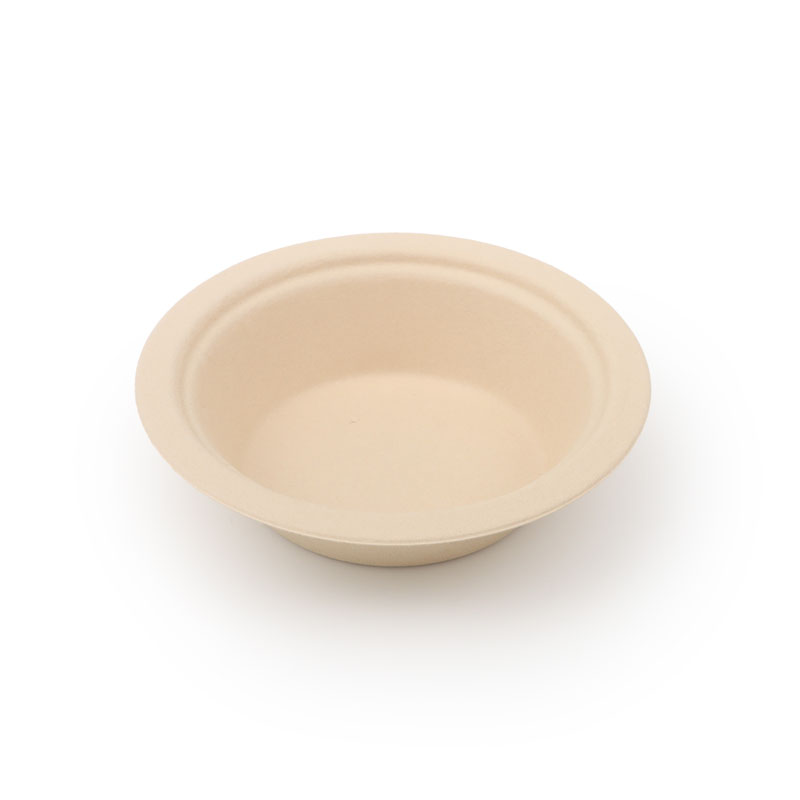 C11-1420-A
C11-1420-A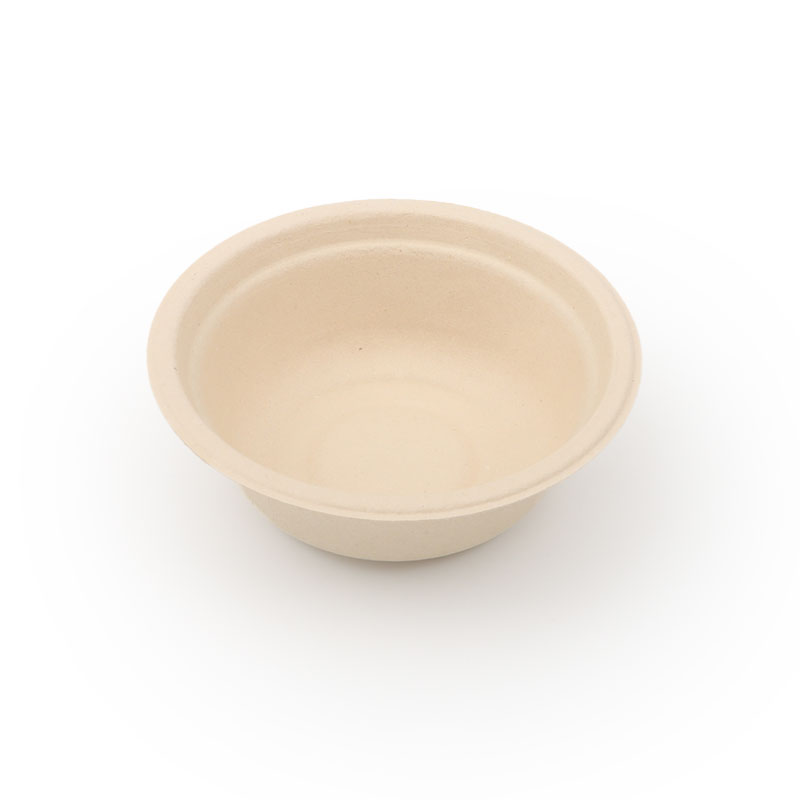 C11-1421-A
C11-1421-A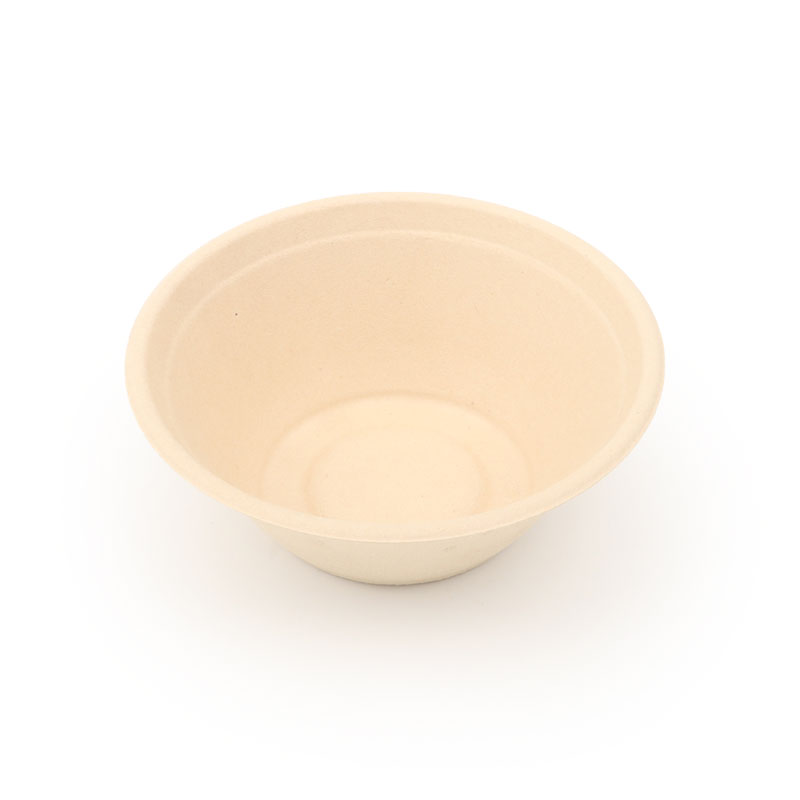 C11-1422-A
C11-1422-A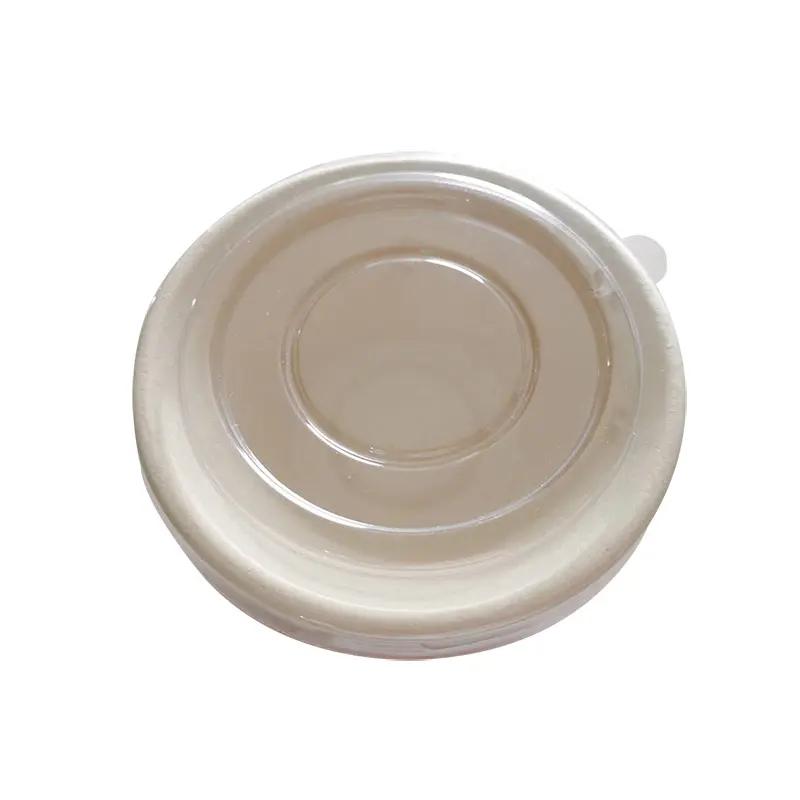 C11-1422-B
C11-1422-B Bagasse Lunch Boxes
Bagasse Lunch Boxes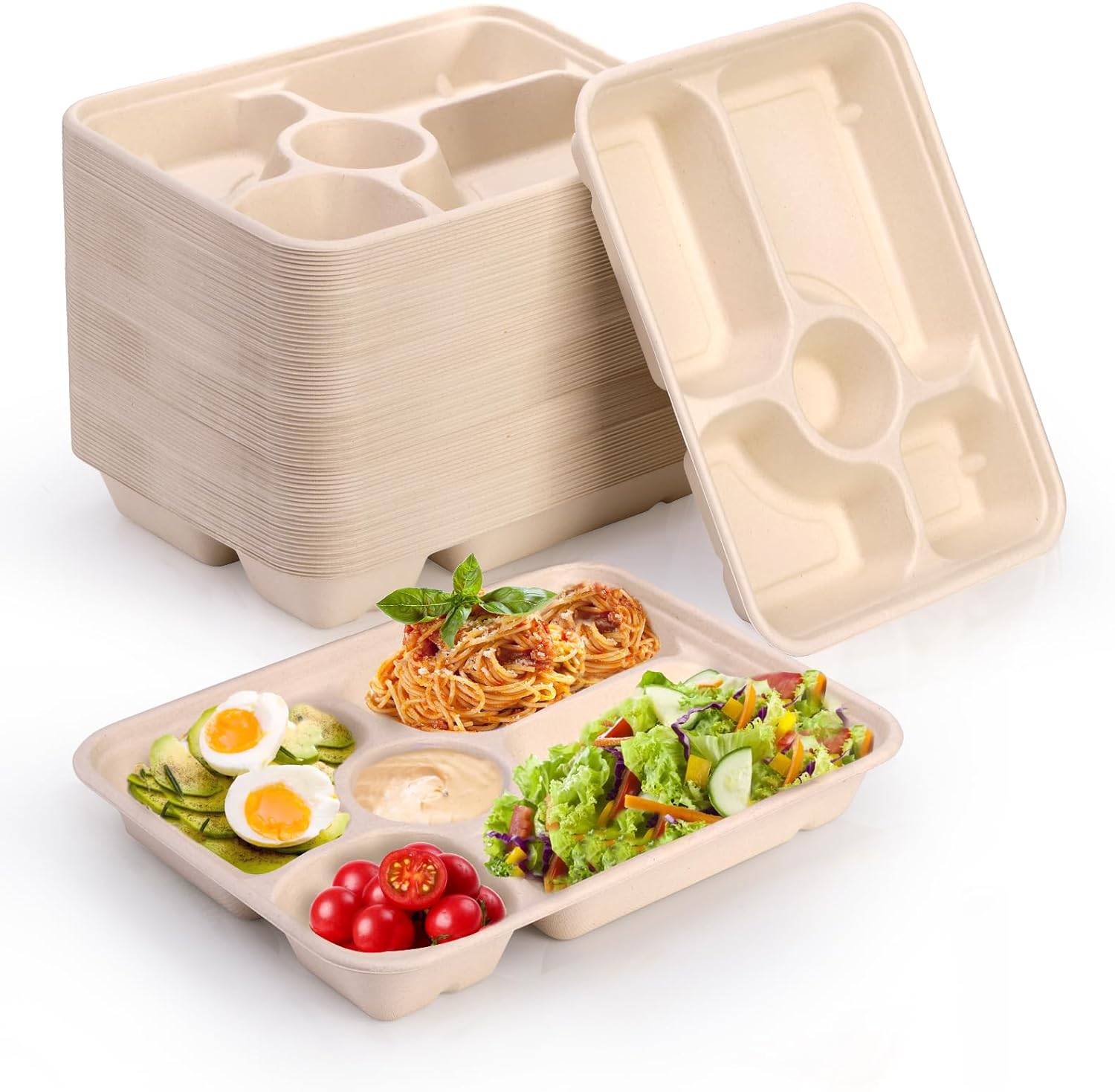 G71-3982A
G71-3982A G22-0061A
G22-0061A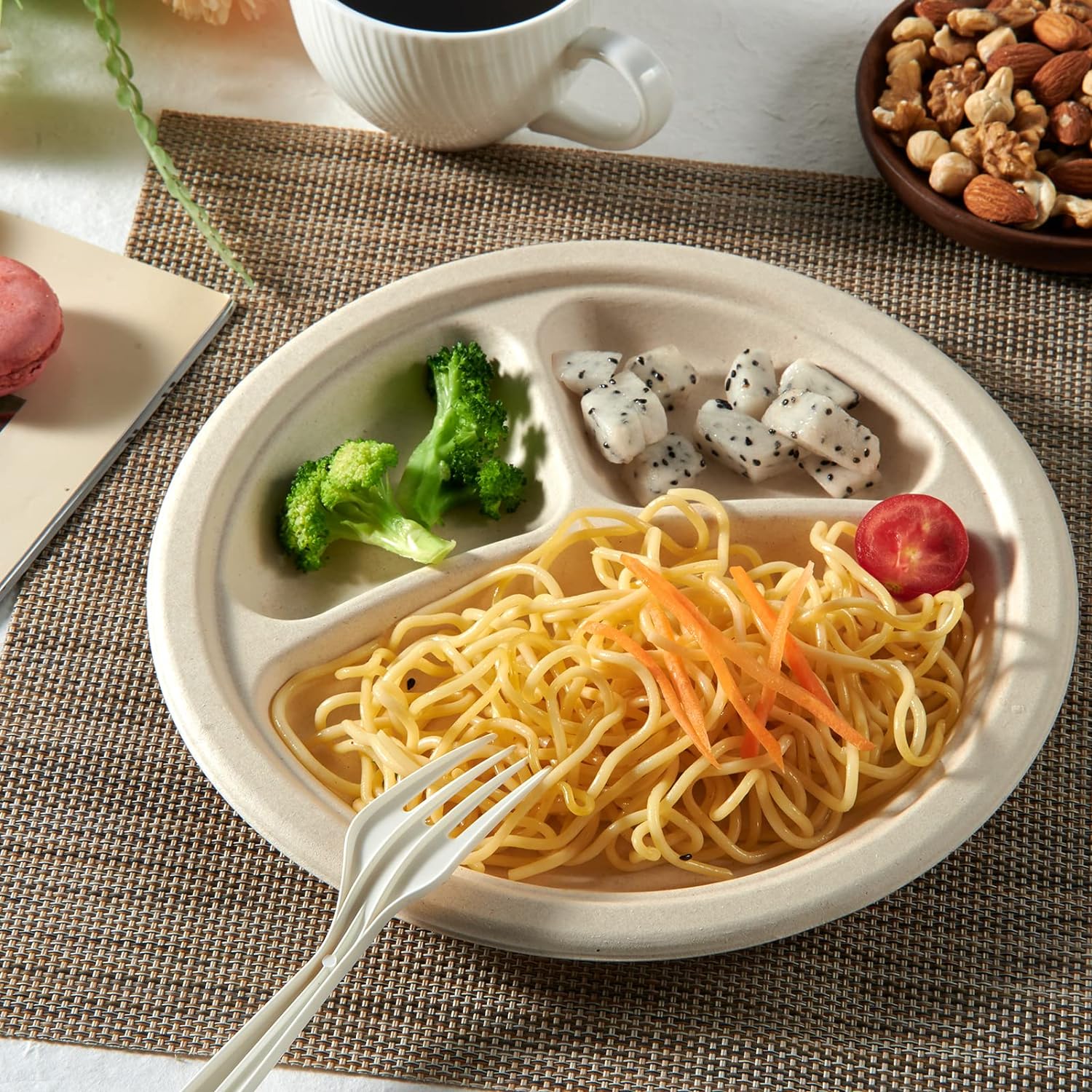 Bagasse Food Plates
Bagasse Food Plates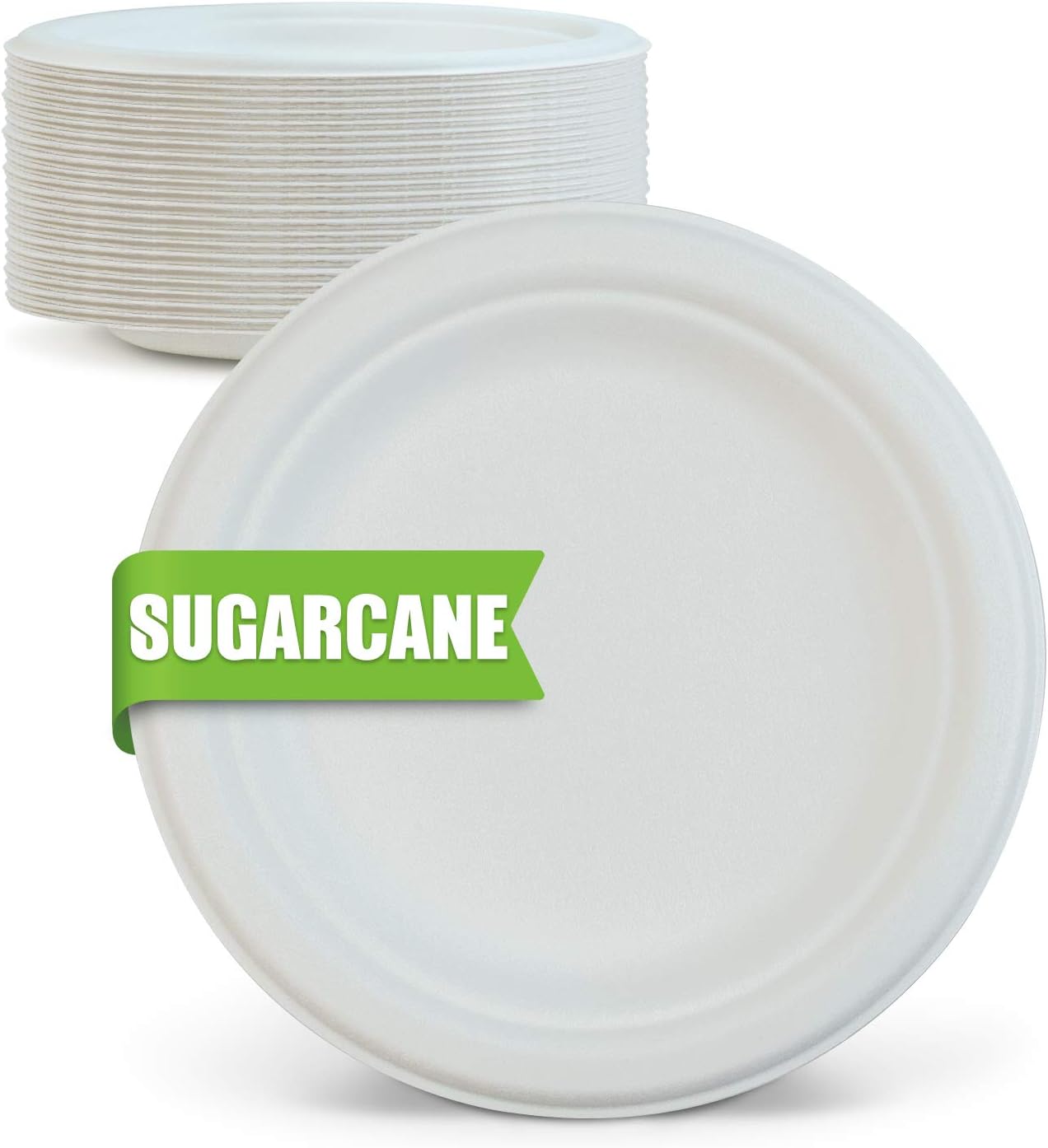 G51-0030A
G51-0030A G51-0020A
G51-0020A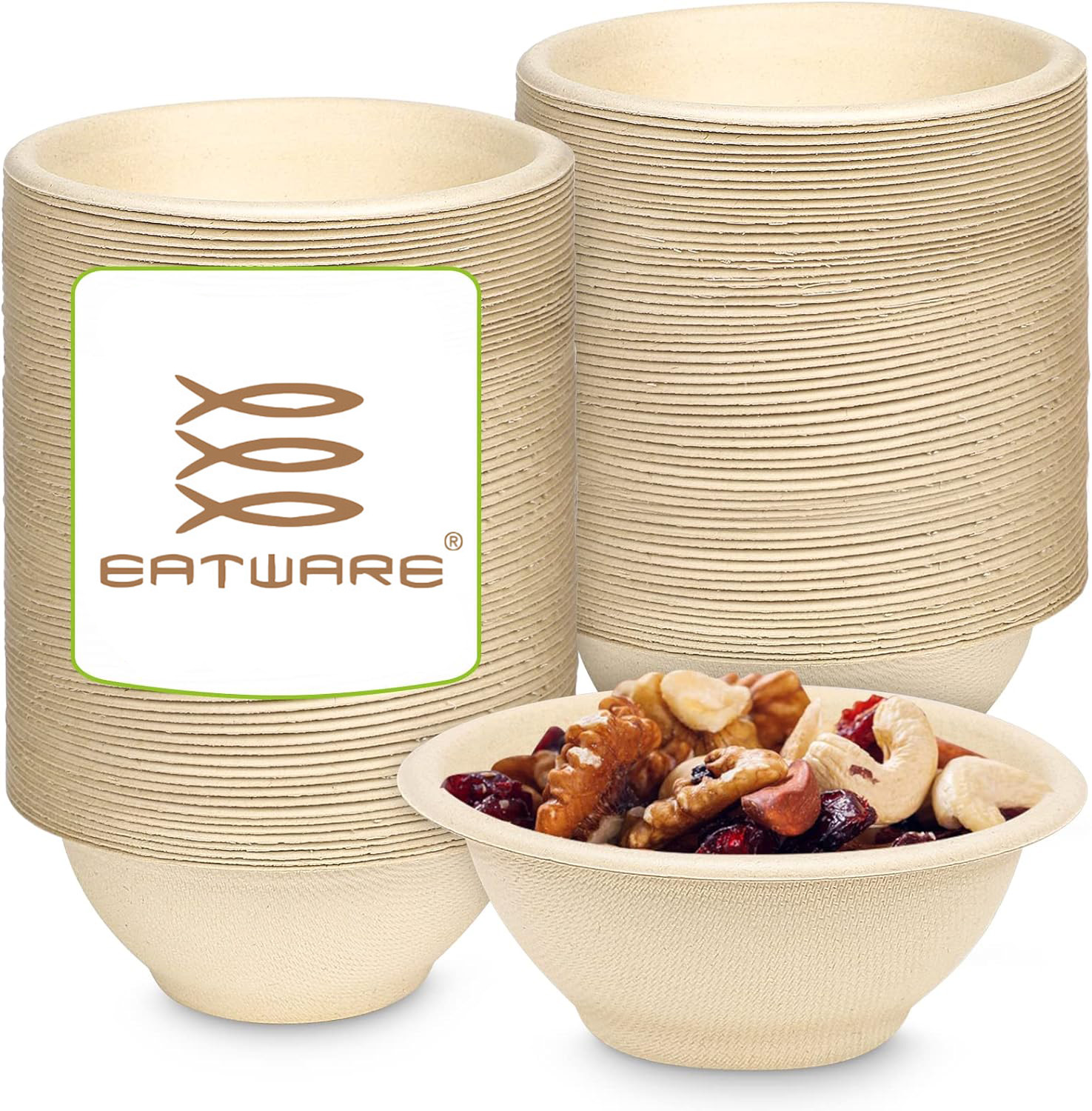 Bagasse Bowls
Bagasse Bowls TM-C006
TM-C006 Bagasse Cups And Cutlery
Bagasse Cups And Cutlery G11-0051A(W)
G11-0051A(W) G11-0052A(W)
G11-0052A(W)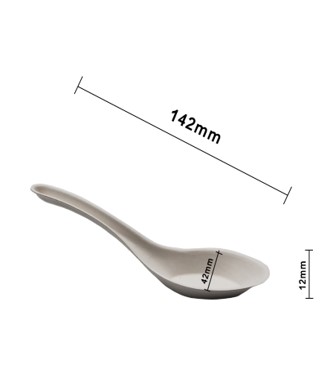 G01-0013D/C/S
G01-0013D/C/S







